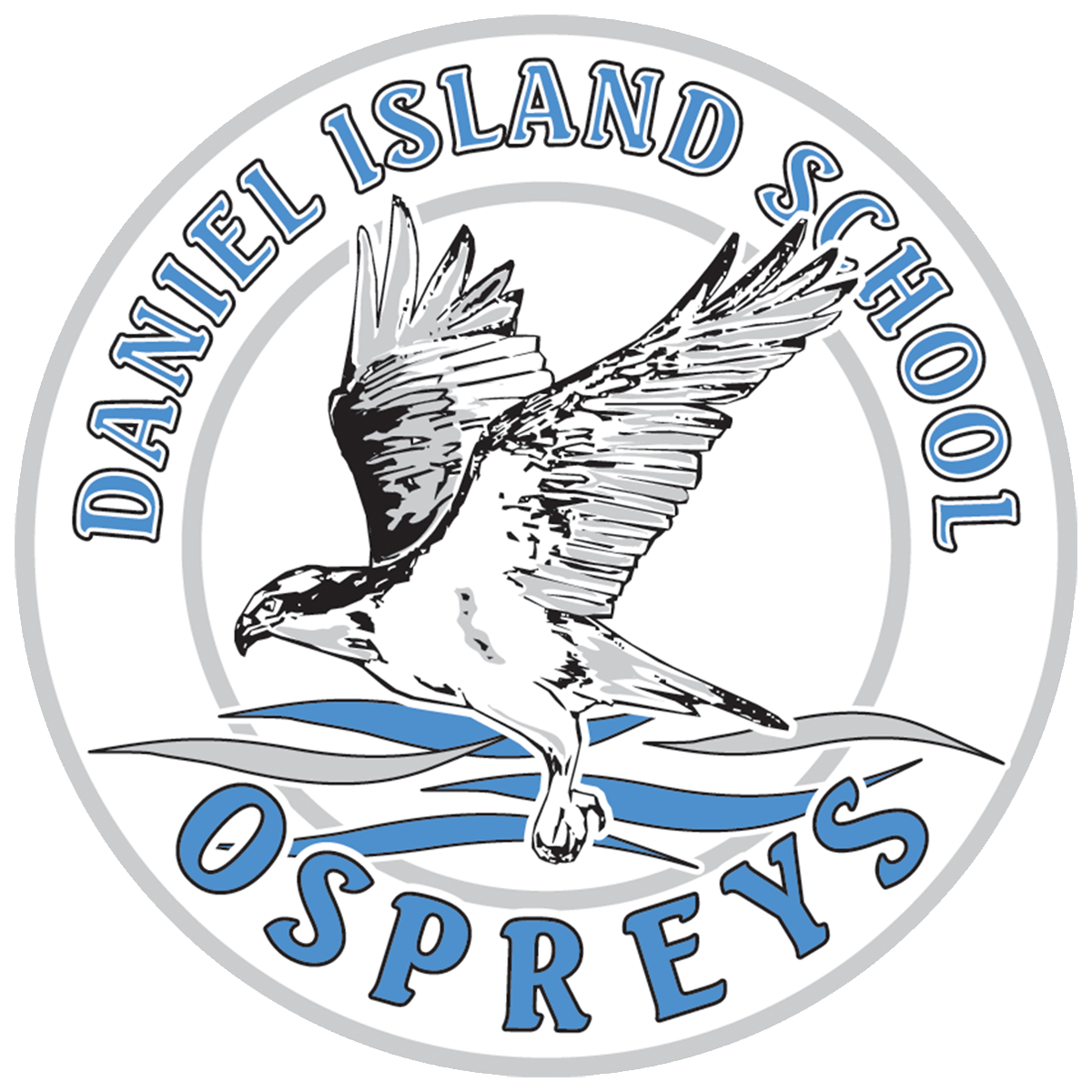DIS Counseling Department
Department Philosophy
WE BELIEVE:
We, the school counseling team, believe that learning is a lifelong process that involves developing academic, career, social, and emotional skills based on developmental needs of all students in order to become well-rounded individuals.
We, the school counseling team, believe that all children are capable of learning and should be given numerous opportunities to do so. School counseling should provide education that extends beyond the classroom environment and allows students to develop lifelong skills that can assist them in the pursuit of their goals.
We, the school counseling team, believe that all students should be accepted and respected by the peers and adults in their lives.
We, the school counseling team, strongly believe that all students have an equal right to support and guidance from a certified school counselor.
We, the school counseling team, believe that school counseling services are developed, implemented, and evaluated based on research and data provided by the school counseling team and school faculty.
We, the school counseling team, will abide by the professional school counseling ethics as advocated by the American School Counselor Association (ASCA).
School Counselors
Mrs. Carolyn B. Aarons, Director of School Counseling 6-8 grade
Mrs. Kim Davidson, Counselor K-5
Mr. Kevin Wier, Counselor (Part-time)
Program Services
A comprehensive developmental School Counseling program is an essential component of the total instructional program, which provides all students the opportunity for optimum development. Our program components organize the work of school counselors into activities and services. The components are as follows:
School Counseling Curriculum includes structured experiences presented systematically through classroom and small group activities from Kindergarten through grade eight. The curriculum emphasizes choice-making, self-understanding, career exploration and preparation, and the improvement of study skills.
Individual Planning includes counseling activities to assist all students to plan, monitor, and manage their own academic achievement as well as their personal and career development. Individual planning emphasizes test interpretation, informal counseling, and educational counseling.
Responsive Services includes counseling or referral activities to meet the immediate needs and concerns of students. Responsive services includes personal counseling; crisis counseling; agency referral; consultation with parents, teachers, and other professionals; support groups; and problem solving.
System Support includes indirect guidance management activities that maintain and enhance the total school counseling program. Responsibilities in this component include staff and community relations, special research projects, committees, professional development, and student support teams.
